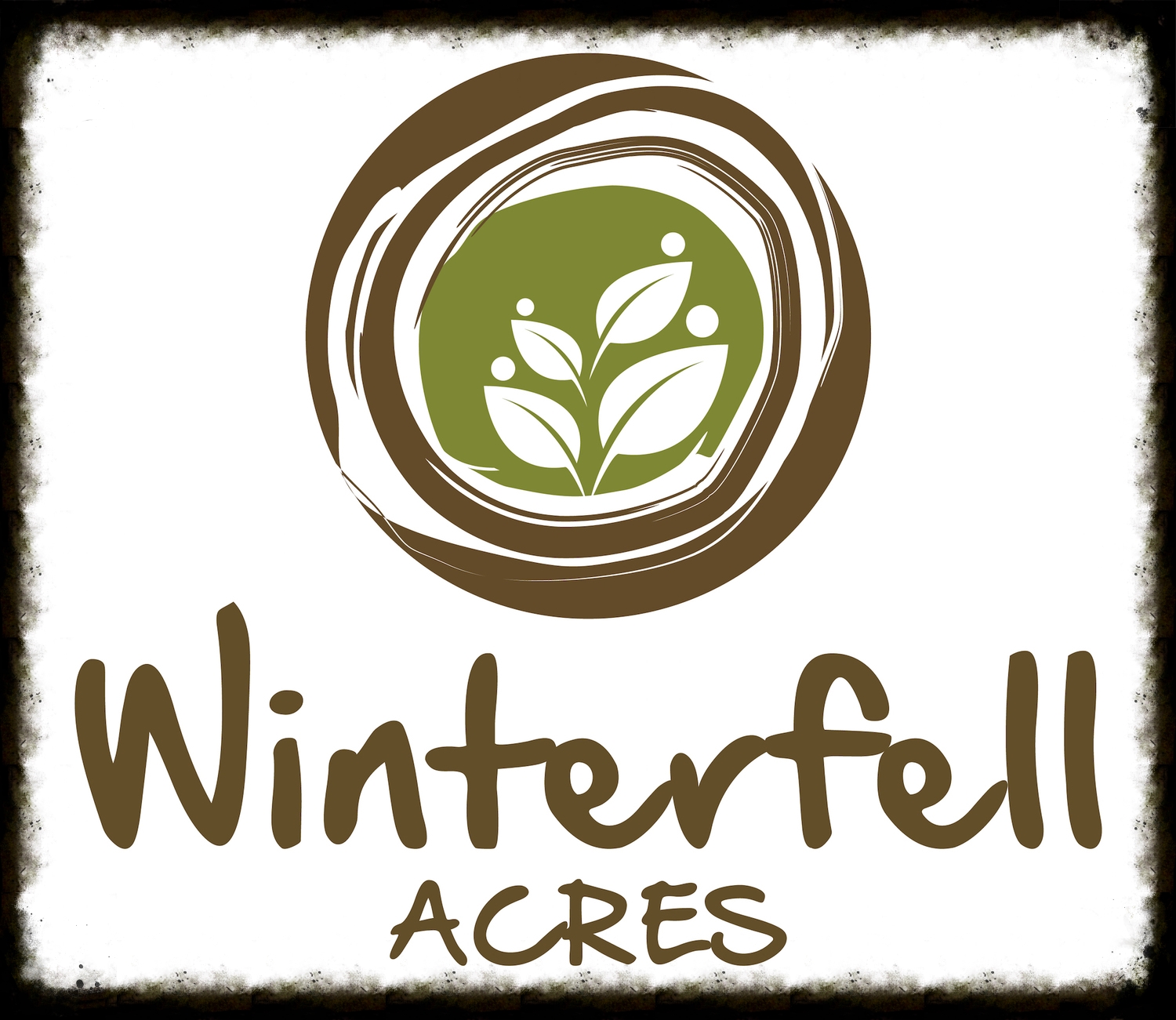How joining a CSA farm can fuel your health!
Let me tell you about our amazing bodies: we thrive on a nutrient-dense, high plant-diversity diet. It’s how our ancestors evolved and it’s how our microbiome evolved.
I am an organic vegetable farmer. I used to run a CrossFit gym and so I have tried all sorts of weird diets: from vegetarian to paleo to ketogenic to “flexatarian” (my version of vegetarian that allowed locally grown animal products only).
I find that eating an omnivorous diet makes me feel the most healthy which now includes eggs from our free-range hens, lots of our heritage chicken and pork from our happy pigs. As a woman of child-bearing age who is very active farming full-time, I find my hormones are most balanced when I include high quality animal protein.
But this is by no means the majority of my diet, I am a vegetable farmer which means I LOVE growing and eating all sorts of veggies and fruits. And I feel most nourished eating this way.
Did you know there are more than 39 trillion micro-organisms in our microbiome? That means we are roughly 90% micro-organism and 10% human cells. And that is just through our digestive tract. THAT IS NUTS! And all these organisms aid us in digestion and support our immunity.
And what do those microorganisms need to thrive?A diverse diet rich in fiber! Fiber comes from plants: fruit, veg, nuts, seeds and whole grains. That circles us back to the importance of eating a diet with as many different types of plants as possible. According to many studies, the diversity of the types of plants in your diet is the SINGLE most important predictor of a healthy gut microbiome.
When I step into our kitchen to cook for my family, I shoot for each of us to get at least 30 servings of different fruits, vegetables and whole grains, seeds and nuts in our diet per week. As much as possible of this is grown by me or grown locally by another farmer. Some days that means I am having a salad including 3 different types of greens, shredded root veggies, local rye berries, sunflower or flax seeds, soft-boiled egg and a really nourishing, home-made salad dressing. I break down those ingredients on a plate separately for my daughter who prefers things not to mix and isn’t ready for complex flavors yet. I counted last week when I made this and there were 17 different plant-based ingredients on our lunch salad alone!
And after trying out all sorts of weird, restrictive diets over the years, I love that my meals include “adding” more of something rather than removing something.
So what does this mean for you, who is very likely not a farmer? Well, as you might know, our CSA program is the heart and soul of our farm. I love working the land every day to bring my CSA families nutrient-dense, organic veggies, picked at peak ripeness, grown in soil well-tended. We take great care in feeding our soils and grow our produce in a way that maximizes the nutrient density of our crops and the microbiome of the veggies in your box (yes!). Most of the veggies that we grow are harvested only one day before they land in your fridge!
One of my favorite pieces of feedback I often get from our CSA members is just how easy it is to include a greater diversity of veggies into their diet. Not only that, but they taste better than anything you can get at the store. This is exactly what we need! Easier ways to include more plants in our and our kids' diets.
As a CSA member, every week you will receive a box of produce picked (literally) the day before it goes into your fridge. AND you will receive a newsletter with each box from me, your farmer, including more information about what is in your share that week and recipes tailored to your box contents.
You don’t have to take the time to meal-plan and find recipes, shop for ingredients and cook. You just pick up your box, find the recipe in your inbox, cook and enjoy easily adding more plants to your diet.
Take our Nibble summer CSA share, for example, which depending on the season, averages out to 3 to 5 pounds of five to eight different vegetables every week. Over the 18 week season, you are getting up to 50 different types of plants, over 150 different varieties of plants and up to 100 pounds of produce.
Each veggie with their own vibrant, organic plant microbiome and fiber content to FUEL your own gut microbiome! For only $23 per week, that seems like a great way to invest in your health. And that is just our smallest share, the numbers look even better for the Picnic and Feast share options.
Feel free to reach out with further questions and I warmly welcome you to our CSA community if you want to try it out!
Cheers to your health,
Farmer Beth
PS As I was reading and researching for this blog post, I found a fascinating connection between the health of our gut microbiome and the health of our soils and plants in which our food grows. They are both eerily similar in how we either care for or neglect them. Someday, I plan to write another blog post just on that!
Want more? Here are a few of my favorite books and cookbooks:
Fiber Fueled by Will Bulsiewicz
Whole: Rethinking the Science of Nutrition by T. Colin Campbell
The Fiber Fueled Cookbook by Will Bulsiewicz
Love to Eat by Nicole Kesheshian Modic
Salt Fat Acid Heat by Samin Nosrat

